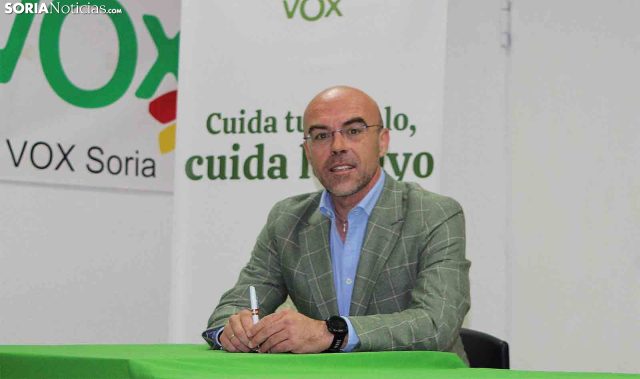
The so-called “Green Deal”, devised by European Commission President Ursula von der Leyen, is the European Union roadmap for implementation of the United Nations’ 2030 Agenda and its notorious Sustainable Development Goals (SDGs).
Such roadmap requires modifying the Common Agricultural Policy (CAP), the six decades old system regulating the Union primary sector and currently representing one fourth of the international organisation’s total budget. In particular, two strategies are on-course for the reshaping of CAP: Farm to Fork (F2F) and Biodiversity for 2030 (BDS).
Several authors have already criticised the ideological methods of both: reduction in pesticide and fertilizer use will lower production; and increasing non-productive land (through the euphemism of “high-diversity landscape features”) equals to a slow suicide in the primary sector. Who could in his senses incentivise governments and farmers to create artificially set-aside areas and fallow land for the sake of climate change?
Moreover, reduction in agricultural income would need to be offset by CAP payments. Taxpayers’ money is thus used to compensate for the disaster caused by Brussels policies.
In order to calm down an eventual upturn of social discontent, promotion of supposedly healthier diets and an appreciation for sustainably produced food would be generously irrigated, once more with higher taxes. Food traditions ought to become sacrificed at the altar of radical global warming priests. For instance, livestock rearing systems are to be progressively replaced by plant-based food items.
All of this is explicitly proclaimed black on white in the European Union F2F and BDS documentation. Among various texts, the European Commission Joint Research Centre, with headquarters in Seville (Spain), published an important technical report which contains market projections of the revised CAP.
Reducing pesticides, or plant protection products (PPP), will oblige farmers to increase efforts in alternative practices, such as mechanical weeding. Their cost will surge by 25% because of having to mix the main crop with others in the same field.
Despite these alternative practices, the probability of pest attacks is assumed to result in an annual 10% yield loss on average. Pests released thanks to the revised CAP would potentially affect an average 18.6% of the Union’s production.
In Southern Europe, shift from conventional crops to organic farming is deemed to result in the following yield losses: 22.5% for fruits, 16.1% for cereals, 12% for wheat, 11.6% for non-fruit permanent crops, 11.5% for vegetables, 11.4% for oilseeds, and 4.6% for maize.
Poultry, pig, beef, cereals and oilseeds supply will decrease by 15% with regards to the 2020 baseline. Imports from third countries (less concerned with climate change) will consequently grow by an impressive 39%; at the same time, increase of prices from EU producers will mean an erosion of competitiveness and hence a decrease in exports, another impressive 38%.
Pork meat production price increase is particularly scandalous, amounting to 43% in comparison to 2020; beef production price increase rates at 24%, with sheep and goat reaching 19%, and poultry 18%.
Against this chaotic scenario, MEP Jorge Buxadé has formally asked the European Commission whether a relocation of agricultural and livestock industries can ever be considered as positive for our fellow citizens. In other words, how would the Commission intend to counteract this loss of autonomy in our primary sector.
At the end of the day, the VOX politician concludes, it should all be about protecting our farmers and cattle breeders as a way to protecting the common good of our nations. The response of the Union officials is expected shortly after the summer break.
Source of the image: Soria Noticias



 Subscribe
Subscribe